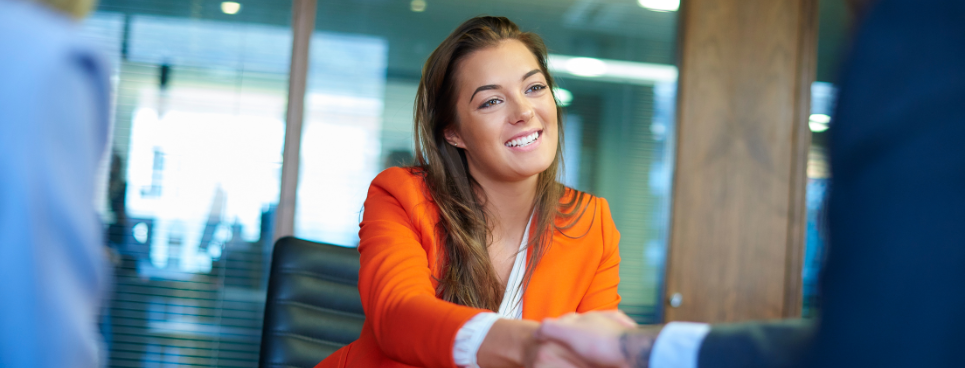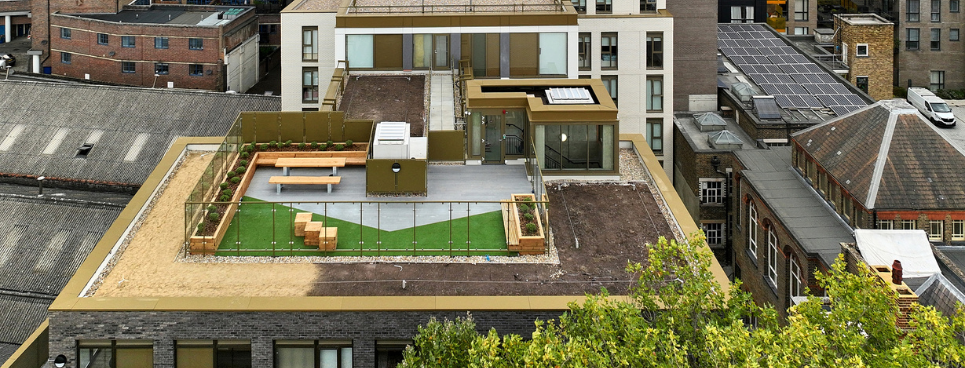News flash! Host Shortlisted for Three Prestigious GSL (Global Student Living) Awards 2025 and Retains Platinum Operator Certification
ROOMS SELLING FAST Find your new home for September

Host is dedicated to making a positive social and environmental impact, a commitment that is deeply rooted in our comprehensive Sustainability Strategy, which outlines our approach to creating lasting, meaningful change. We invite you to explore our Sustainable Living Guide to learn more about how we are working toward a better future for all.
We can achieve this with your help by focusing on:

Here’s what you can do to reduce your energy consumption:

If we can reduce the water that we use for drinking, cooking & washing, we can also reduce the discharge to the sewerage system.
Here’s what you can do to help reduce water use:

Here are some things that you can do to reduce waste:

Here are measures that you can reduce the footprint associated with transportation:
For more tips on how to save energy, check out www.energysavingtrust.org.uk.
Follow us on Facebook, and Instagram for the latest news and updates.
To become more ‘environmentally friendly’, Host is launching the #HostEnvironmentalPledge campaign to encourage responsible behaviour and drive sustainability across our sites throughout the UK and Ireland.
It’s a simple campaign! For every percent we reduce our overall utilities (electric, water and gas) consumption by we donate to one of our nominated charities.
Show me all newsAs the academic year winds down, many students start packing their bags and heading home for a much-needed break. But what if you stayed in your university town or city instead? Picking up a summer job where you study can be a game-changer - not just for your bank balance, but also for your personal growth and career prospects. Here's why staying local this summer might be one of your smartest moves yet, along with practical tips to make the most of it.
Choosing where to live during your studies in London is about more than just finding a place to sleep - it’s about finding a supportive, safe, and enriching environment that enhances your university experience. Here's why thousands of students choose Host as their student accommodation provider in London every year.



